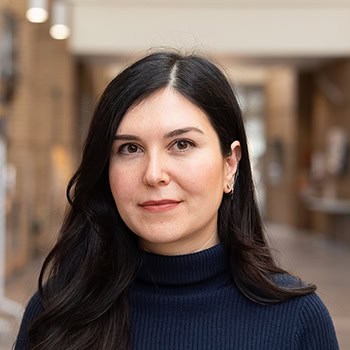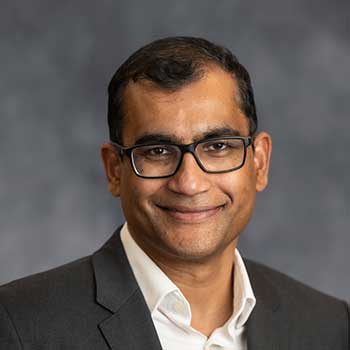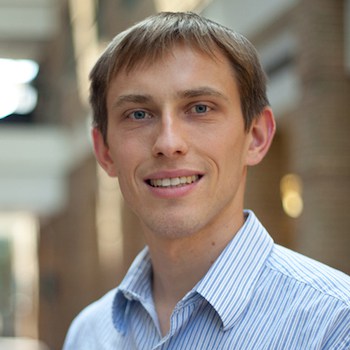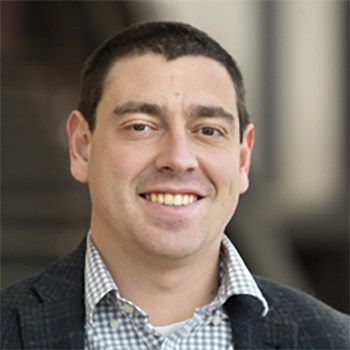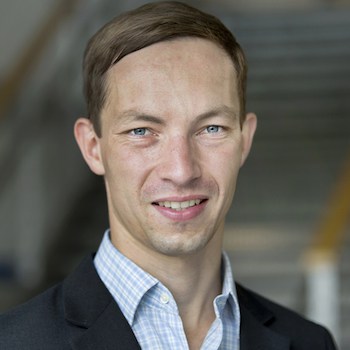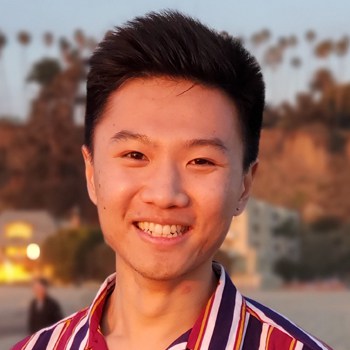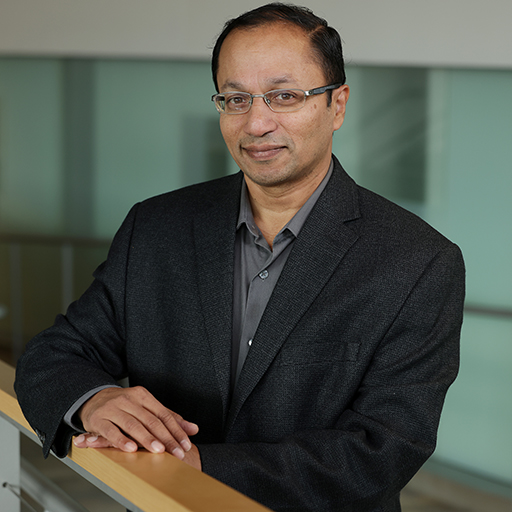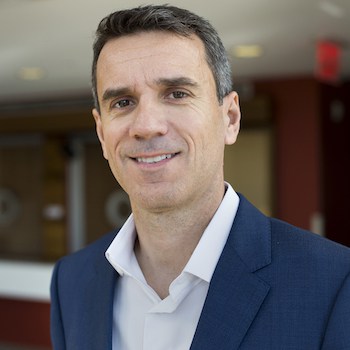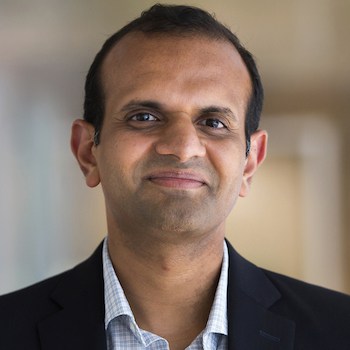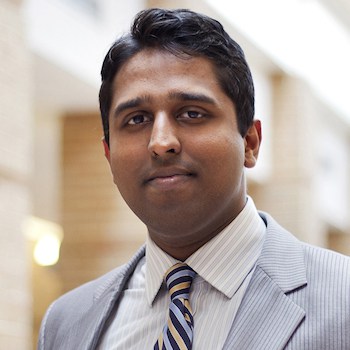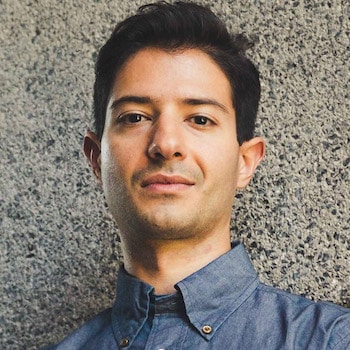
Computation
Computation plays a fundamental role in the design, analysis and operation of modern Aerospace systems. Applications include flight software, embedded computing for on-board control, virtual wind tunnel simulations, and optimization of structural, aerodynamic and propulsion systems.
Particularly, modern aerospace systems are inherently cyber-physical systems, and with the emergence of powerful computers, abundant sensors, and autonomy, computation is defining and driving the future of aerospace engineering. Our research and teaching span fundamental topics as well as leading-edge applications.
Broadly speaking, our research is organized into two branches: Computer Science and Computational Science. Computer Science relates to software and avionics (cyber part), and Computational Science relates to analyzing, modeling, and designing the physical system (physical part). Underlying them is Data Science, another area of emphasis in the department, which pertains to the development of algorithms to extract knowledge and insight from real-world and simulation data, with the goal of application in decision-making scenarios.
Computation FACULTY
Sample Research Areas
Formal Verification
Aerospace software is used in many critical tasks in both design and operation of aircraft and spacecraft, from autopilot control and automatic decision making to computational simulations. Software bugs can (and sometimes do) lead to erroneous design decisions or loss of flying vehicles. Formal verification enables mathematical proofs of software correctness, guaranteeing that the software will work correctly under the right conditions. Verification can ensure anything from the absence of run-time errors is C code to full functional correctness of the onboard software.
Integrated Design of Environmentally-friendly Aerospace Systems (IDEAS) Lab
The Integrated Design of Environmentally-friendly Aerospace Systems (IDEAS) Lab is directed by Professor Gokcin Cinar. Research at IDEAS Lab aims to bring a holistic approach that accounts for the system-level and life-cycle impact of greenhouse gas emissions in the design and operation of unconventional aircraft concepts. Revolutionary technologies, such as electrified propulsion and hydrogen combustion, open up a new and exciting design space with many challenges and uncertainties.
At IDEAS Lab, we use physics-based modeling, probabilistic and statistical methods, and systems engineering principles to analyze, understand and design the complex system behavior of an aerospace vehicle. We leverage probabilistic design methods to reduce the uncertainty associated with novel concepts in early design phases. We build reduced order models to expedite the analysis and simulation of large-scale systems. These techniques allow us to perform sensitivity analysis, visualize tradeoffs, and explore a vast and uncharted design space under varying constraints at the early design stages.
Multidisciplinary Design Optimization
Numerical simulations can predict the performance of engineered systems, but to be ultimately useful in the design of such systems, they need to be integrated in a design process. Numerical optimization methods can aid the design process by searching for the best designs automatically. Because most engineered systems involve multiple disciplines or components, it is necessary to couple different numerical simulations and to consider the design of the whole system. Multidisciplinary design optimization (MDO) addresses this need while achieving better designs in a shorter design cycle. Aerospace vehicles are prime examples of engineered systems that require multidisciplinary considerations; other applications include wind turbines, ground vehicles, and watercraft. As these systems become more complex and more sophisticated simulation techniques become available, new breakthroughs are needed in MDO approaches.
Computational Algorithms
The prevalence of numerical simulations today is made possible not only by increases in computer performance, but also by advances in computational algorithms. These algorithms are used to solve the equations that govern phenomena of engineering interest, on problems of ever-increasing size and complexity. The changing landscape of computer architectures necessitates research into novel algorithms that can harvest computational throughput to accurately and efficiently obtain the required solutions.
Data-Driven Modeling
With the proliferation of high-resolution datasets and advances in computing and algorithms over the past decade, data science has risen as a discipline in its own right. The natural question to ask then is: Can we bypass the traditional ways of intuition/hypothesis-driven model creation and instead use data to enable predictions of physical problems? In other words, can one extract cause-and-effect relationships and create reliable predictive models based on a large number of observations of physical phenomena? Our research takes the view that data cannot be an alternative for physical modeling, but when combined with—and informed by—a detailed knowledge of the physical problem and problem-specific constraints, it can yield successful solutions. Along these lines, we develop physics constrained data-driven models for the analysis, design and control of physical problems.
Intelligent Robotics and Autonomy Laboratory
The goal of the Intelligent Robotics and Autonomy Laboratory (iRAL), led by Assistant Professor Vasileios Tzoumas, is to investigate (i) autonomous learning algorithms and (ii) novel robot hardware that enable trustworthy robot perception, navigation, and collaboration. Particularly, iRAL works to enable a trustworthy collaborative autonomy, even (a) when the robots operate in unpredictable and dynamic environments, where there is limited to no information about the future, and even (b) when the robots operate in adversarial environments, where failures or attacks can deceive and/or take down robots. iRAL’s goal is real-time and provably near-optimal performance.
Uncertainty Quantification
The Aerospace enterprise is increasingly relying on simulation models for achieving rapid advancement in design, control, and scientific advancement. These simulation models are often constructed using either data-driven models or physical simplifications, and therefore exhibit significant uncertainty in both form and function. To enable reliable use of these models, the effects of this uncertainty on important simulation outputs must be understood. Uncertainty quantification seeks to develop fast and efficient methods to understand the effect uncertainties present in all simulations on important simulation outputs. This area combines statistical inference, numerical analysis, and machine learning to create algorithms that capture this uncertainty in the context of learning models and their parameters from data and propagating uncertainty through a simulation.
Laboratory for Air Transportation,
Infrastructure, and Connected Environments (LATTICE)
The Laboratory for Air Transportation, Infrastructure, and Connected Environments (LATTICE) is directed by Assistant Professor Max Li and is focused on identifying and addressing research problems that contribute towards a safer, more efficient, more resilient, and user-oriented air transportation system. Examples of research projects and areas of interest include modeling the disruption and recovery process within air transportation networks, developing advanced air traffic flow management models and mechanisms, control and optimization of networked systems, and systems engineering concepts for UAS airspace and traffic management and Advanced Air Mobility (AAM).
Selected Research Project
Air Force Center of Excellence on Rocket Combustion Dynamics
Accurate modeling of combustion dynamics in rocket engines remains a challenging problem characterized by extremely high-dimensional computations of non-linear and multi-scale physics. These difficulties are further complicated by the coupling between the flow dynamics, chemistry, and acoustics. With the new center, the goal is to advance the state-of-the-art in Reduced Order Models (ROMs) and enable efficient prediction of instabilities in liquid fueled rocket combustion systems. See more at afcoe.engin.umich.edu.
